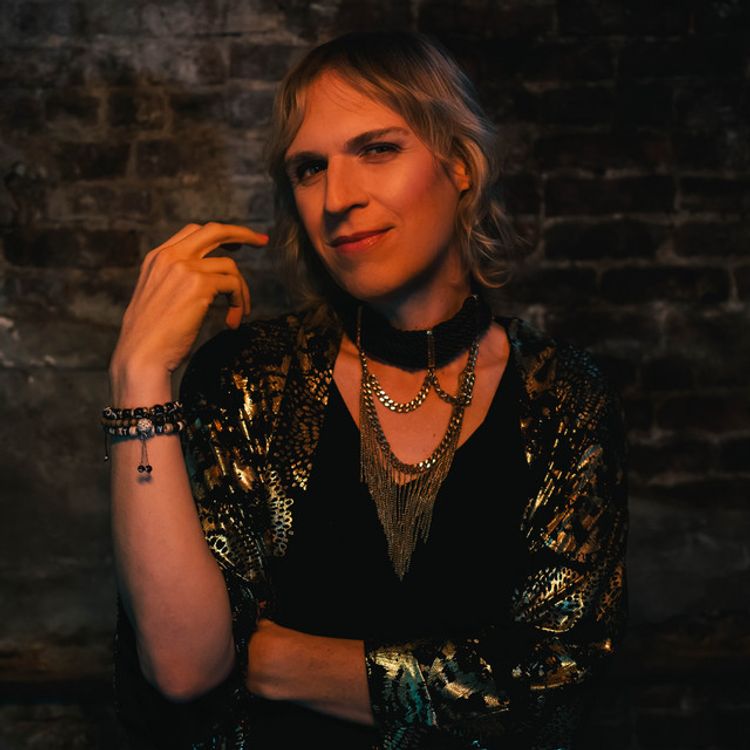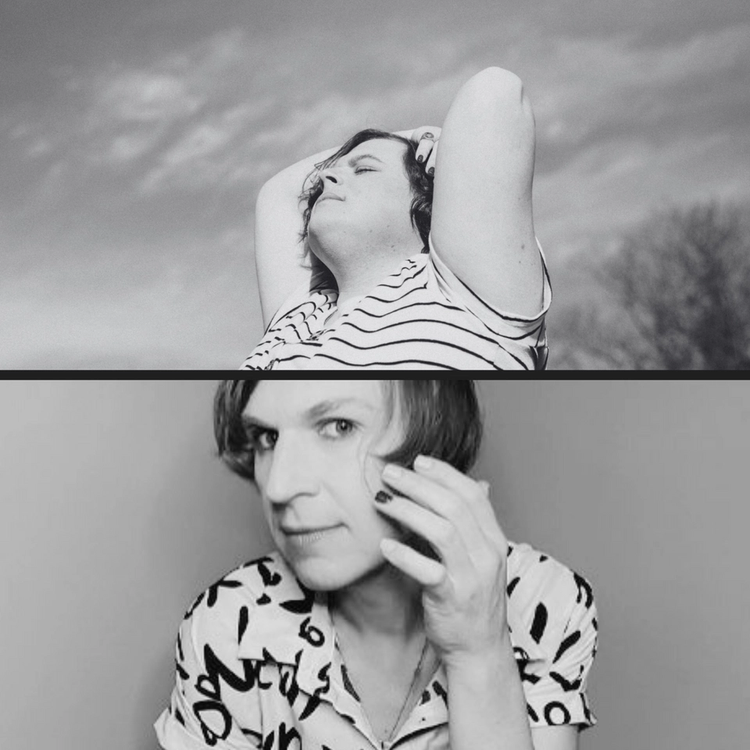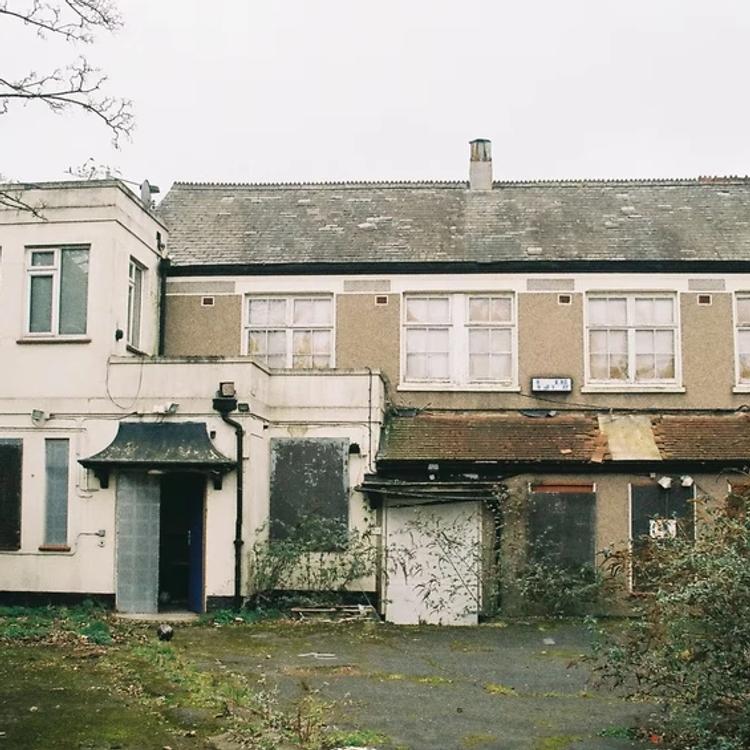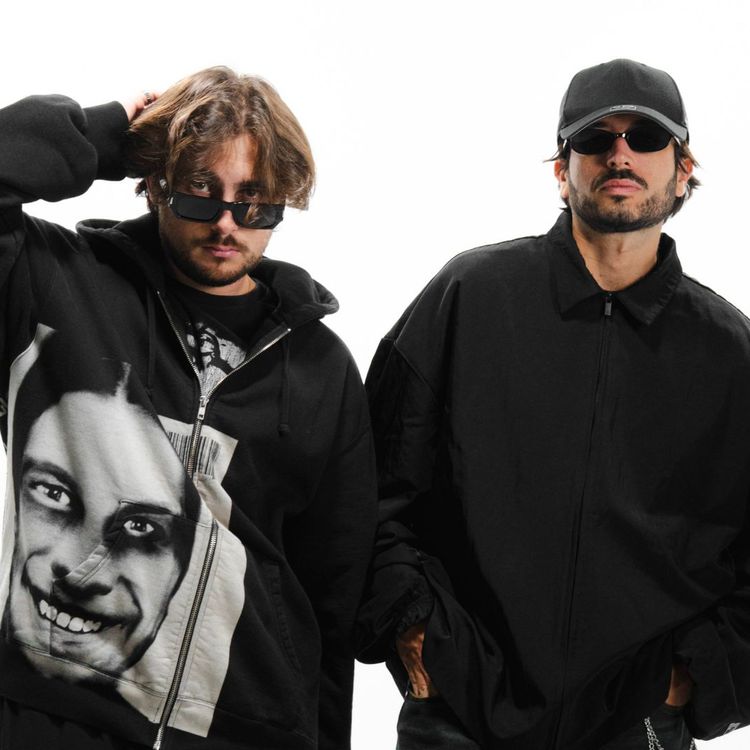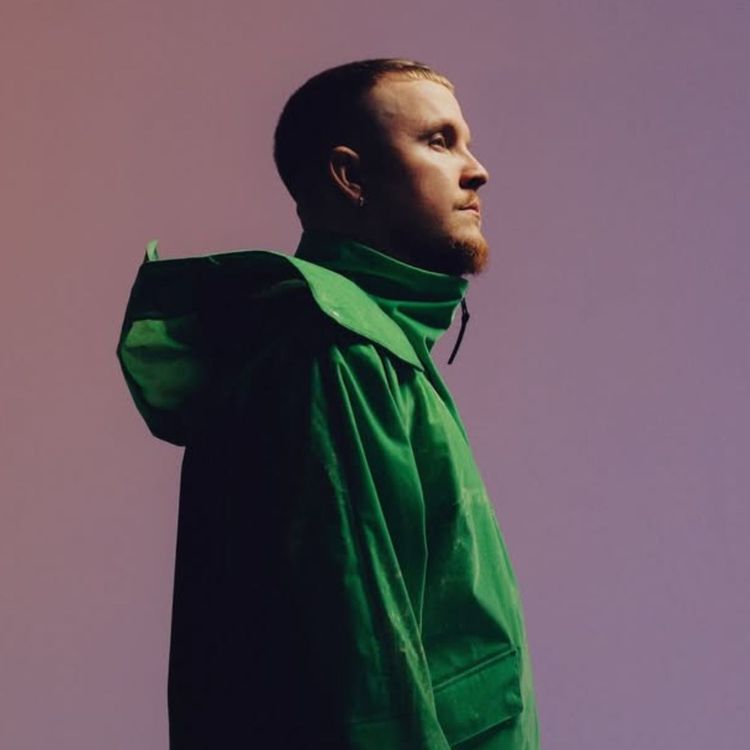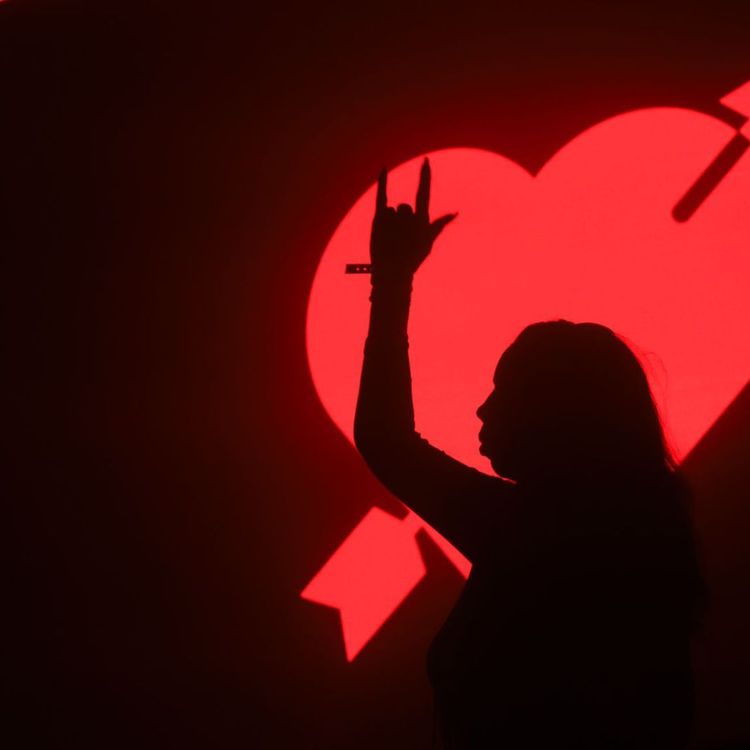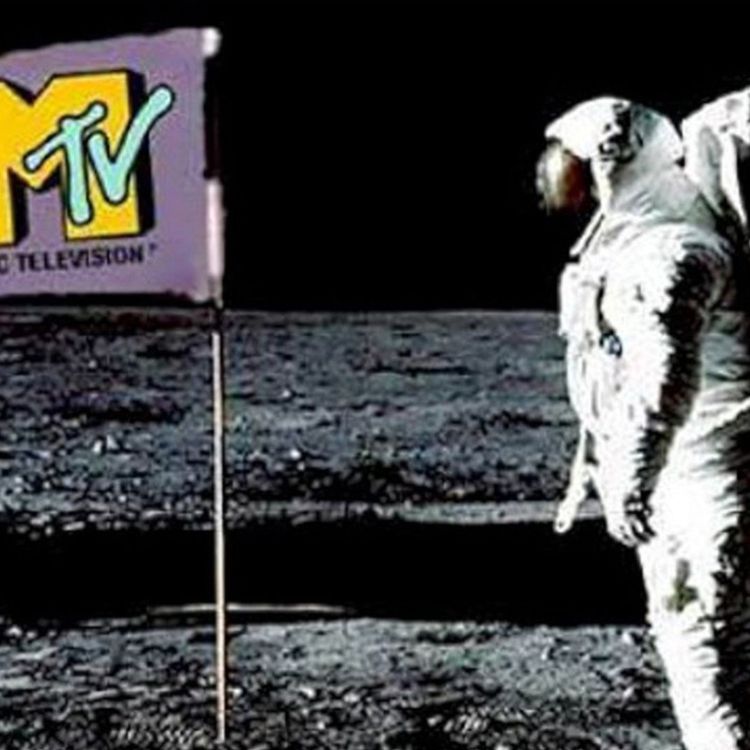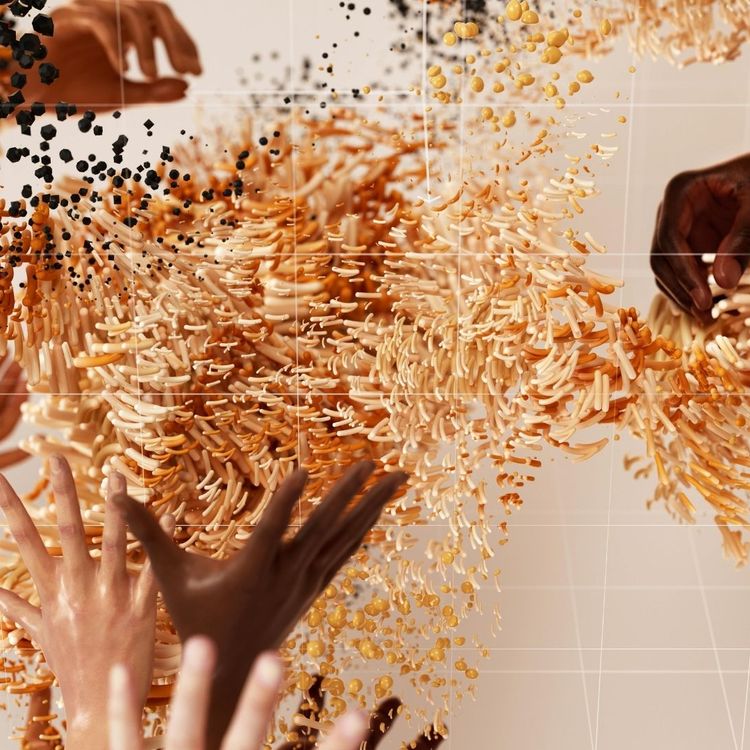Mz Worthy on Being Visible
As a core member of Dirtybird Records and a leading example of the power of personal transformation in global dance music, Mz Worthy (government name: Kristy Worthy) blazes her own path.
Kristy Worthy was part of Dirtybird Record’s first wave of founding artists — along with Barclay Crenshaw, Justin and Christian Martin, and Jessica Phillipe. Today, she remains one of the central artists relied upon by Dirtybird Records label manager Deron Delgado and Crenshaw to set the scene at Dirtybird’s signature live events.
Just two years after coming out as trans and beginning a very public personal transformation while adding the title of “Mz” to her artist name, she seems more sure of herself than ever. Adding to a hefty résumé of releases — including joints on Sweat It Out, he.she.they, Dirtybird, and Defected, Mz Worthy’s newest single, “All the Music,” is out now on Zeds Dead’s label Altered States.
“I thought [Altered States] is an interesting place to put some music out — this connection to the bass music and EDM world coming into the house music world,” says Mz Worthy. “I liked the idea of working with them and getting connected to a bit of a different audience.” It’s a fitting next step for an artist with a fundamental respect and wide purview of global house music who’s simultaneously focused on pursuing darker, more off-kilter sounds from a wide swath of bass music oeuvres.
Gray Area connected with Mz Worthy at Dirtybird Campout and again in December to learn more about where she finds herself in the current dance music scene.

Let’s start with your first experiences with electronic music.
In the late 90s, when I lived in NYC, is when I first discovered electronic music. The first party I ever went to in NYC was at a club called Carbon, and it was for a party called Funky Town. I believe it was Joeski and Onionz playing that night, along with Stretch Armstrong and probably Dieselboy or Dara in the drum and bass room. That night it was like I finally found my home!
The most memorable club from that time for me was Twilo which had the first Funktion One sound system in North America. Sasha and Digweed had a monthly residency there, and if I had the money, I would try and catch them. That club just had some amazing shows — I got to see Roni Size, LTJ Bukem, Deep Dish, Cassius, and Sven Vath. To this day, I wish I had gotten to play there!
It’s hard to remember all of the spots I went to back then. There were a lot of massive raves I attended as well as small parties at bars. I do remember going to an illegal rave under the George Washington bridge that was crazy too.
Can you talk about where you find yourself right now in global house music and your relationship with Dirtybird?
It’s crazy. I’m having this renaissance personally because I’ve been coming out and discovering who I am. I feel like I have this new freedom. This new expression of myself when I’m playing music — especially when I’m DJing. But on the opposite side, being in the studio is a lot tougher for some reason because I’m overthinking everything in some way. So it’s been really fun playing for everybody. I feel a better connection to my audience, which is super cool — especially with the Dirtybird audience. I feel this new connection and vibe I feel with everybody. It’s really fun.
How about your personal journey? What was it like being back at Dirtybird Campout?
Coming here the last two years when we started up Campout again after COVID, it’s been a place that’s so welcoming to me, especially last year when I came out, and I was newly out and everything. It was one of my first big festivals. Gosh, just riding my bike around, and people being like, “Hey, Kristy!” And I’m just like, ‘oh my gosh, someone’s calling me my name!’ [laughs]. It felt so, so good to feel [welcomed by] this family that I’ve had for so long.

What was it like coming out as an established DJ, producer, and artist?
Oh my god — thinking about coming out was so scary. What are people going to think? Are they still going to love me? Are they going to like me as a DJ? Is this the end of my career? Coming out here and being with the Dirtybird family with all these fans who are just so much fun and so accepting — and seeing how much more LGBTQ people there are here — we had the Queer Prom today. Trying to make these LGBTQ experiences available here is really awesome. There’s a bigger queer audience. I don’t know if it was always here or that the creation of these little things are bringing more of the queer community.
I felt like once I started figuring it out, I didn’t want anyone else to have to wait as long as I had to [come out]. I want to be visible, out there [for] people to see, and maybe I can give somebody else the courage to find themselves and come out. And I have. People have told me. I had a queer girl come to me and say, “Seeing you come out made me be able to come out to my parents.” And I was just like, wow, that’s amazing! I was not expecting to have that impact on people. That almost made me cry—so amazing. I’ve definitely had a lot of trans people who are in the closet come up to me and say, “I’m trans, but I’m not ready to come out.” And I’m like, “I totally understand.”
What comes to mind when you’re mentoring other queer folks and talking about what was important with your own experience coming out?
Just being visible — I wish I could’ve figured this out a long time ago! Life would’ve been really good. I feel like I missed out on part of my life, you know? Going to music and dance music [spaces], which are accepting spaces — I never felt comfortable with mainstream people or mainstream music. I was always on the outside musically — it was always just in me. [Now] I always like being visible and telling my story.

